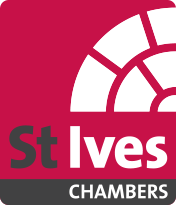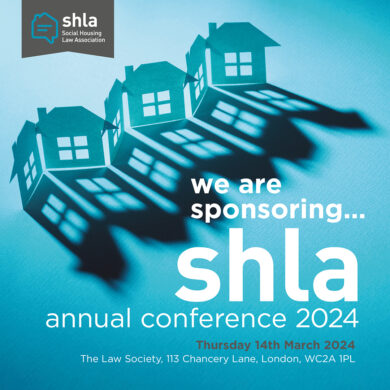Housing Update: When are the homeless significantly vulnerable? by Anya Newman
In the normal course of life anyone who is without a bed to sleep in would be considered vulnerable, but what does vulnerability mean in the context of the Housing Act and how should Local Authorities deal with applications that raise the issue?
The Court of Appeal has recently considered this issue in the cases of Panayiotou v Waltham Forest LBC and Smith v Haringey LBC [2017] EWCA Civ 1624. Mr Panayiotou was a 19 year old man who suffered with depression and anxiety. Mr Smith was 27 and he suffered with mental health issues and chronic leg pain. Both made homelessness applications to their respective councils asserting that they were in priority need due to their vulnerability under section 189(1)(c) of the Housing Act 1996:
“a person who is vulnerable as a result of old age, mental illness or handicap or physical disability or other special reason, or with whom such a person resides or might reasonably be expected to reside”
Both applications were refused, the reviewing officer having decided that they were not “significantly more vulnerable than ordinarily vulnerable” as per the test laid down by Lord Neuberger in Hotak v Southwark LBC [2015] UKSC 30. The Councils’ decisions were challenged and the Court of Appeal was asked to determine what the meaning of “significantly” was in relation to the issue of vulnerability.
The Court of Appeal considered the definition of disability in the Equality Act 2010 particularly with reference to the term “substantial” but found it unhelpful, overturning previous decisions of the County Court on the matter (see paragraphs 57 and 58 of the judgement of Lewison LJ). The Court ultimately concluded that the use of the word ‘significantly’ was not quantitative but qualitative:
“…the question to be asked is whether, when compared to an ordinary person if made homeless, the applicant, in consequence of a characteristic within section 189 (1) (c), would suffer or be at risk of suffering harm or detriment which the ordinary person would not suffer or be at risk of suffering such that the harm or detriment would make a noticeable difference to his ability to deal with the consequences of homelessness.”
See para 64.
Mr Smith also appealed against the outsourcing of the review decision to a private company, arguing that it was no longer possible to do such a thing since the creation of the Public Sector Equality Duty. In comments that are technically Obiter due to Mr Smith’s appeal being allowed, the Court of Appeal held that the Local Authority was entitled to outsource the decision and that anything done by the outsourcing company was treated as having been done by the Local Authority and further that section 149(2) of the Equality Act 2010 imposed the duty on the outsourcing company so that there was no gap in its application (see paras 79 and 80).
Hopefully this practical decision will be of great assistance to Local Authorities faced with an increasing burden of complex homelessness applications.





